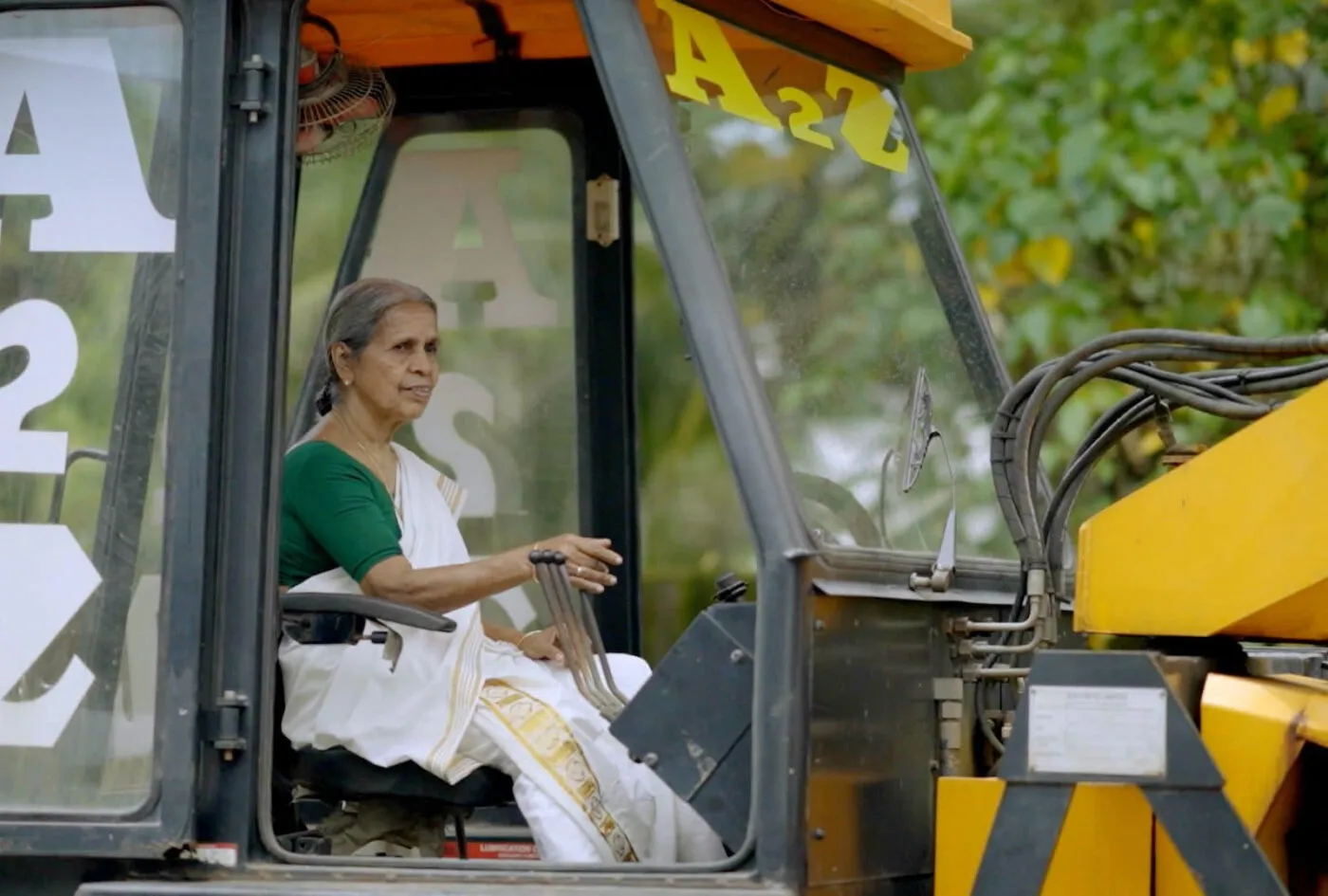Indian Women Transitioning to New Careers: From Nurse to Electrician, from Housekeeper to Driver
Manjulata Patel, 40, has experienced a significant change in her life by transitioning from a nurse to an electrician in Jabalpur, Madhya Pradesh. Previously, Patel worked at a small hospital earning $47 a month, barely enough to rent a dilapidated apartment with ongoing electrical issues.
When repairs were needed, Patel had to call an electrician she wasn’t satisfied with, as he was often drunk and troublesome. She frequently had to enlist local children to help protect her during his visits.
“It would have been great to have a female electrician to avoid these problems,” Patel said. This thought led her to consider becoming an electrician. She enrolled in a four-month electronics training course and subsequently started working for a mechanical company in Madhya Pradesh, increasing her income to $132 a month.
Patel’s career shift was supported by Samaan Society, an NGO in India dedicated to training women in non-traditional trades. The organization has trained thousands of women to become taxi drivers, motorcycle mechanics, electricians, builders, and plumbers, rather than working in garment factories or as domestic helpers. Samaan Society aims to help women break gender stereotypes and gain financial independence.
India’s workforce participation rate for women is only 37% compared to the global rate of 53.8%, creating a significant gender imbalance in the labor market. According to the Indian Economic Monitoring Center in 2023, only 38.2 million out of 405.8 million workers in India are women.

Rajendra Bandhu, founder of Samaan Society, noted that low-income men often have similar educational backgrounds as women but have access to higher-paying technical jobs. “As a result, women are often stuck in low-wage jobs,” he said, adding that vocational training helps women become more confident and have a voice within their families.
However, gender bias remains prevalent. Before discovering Samaan, Patel faced difficulties applying for apprenticeships at various electrical shops, where she was told, “We do not train women.”
In Mirzapur, Uttar Pradesh, Usha Bharti, 32, found a new opportunity when her family supported her to enroll in a three-wheeler driving course last year. Earning $232 a month, Bharti supports her three children, matching her husband’s income, who also drives. She skillfully navigates the roads in her village, Rajpur Amghat, avoiding deep potholes.
While learning to drive wasn’t particularly challenging for Bharti, she had to adjust to the stares and mockery from locals. “I just focus on driving and that has boosted my courage,” she said.
Bharti is pleased with her earnings. Currently, 110 women from low-income backgrounds in Mirzapur are driving electric three-wheelers, many of whom purchased their vehicles through low-interest loans. Shrinivas Rao, head of the Azad Foundation, a nonprofit based in New Delhi, mentioned that patriarchal norms have restricted women’s freedom to make their own choices. “Swimming against the current makes them stronger,” he said. “This strength makes them much more confident.”